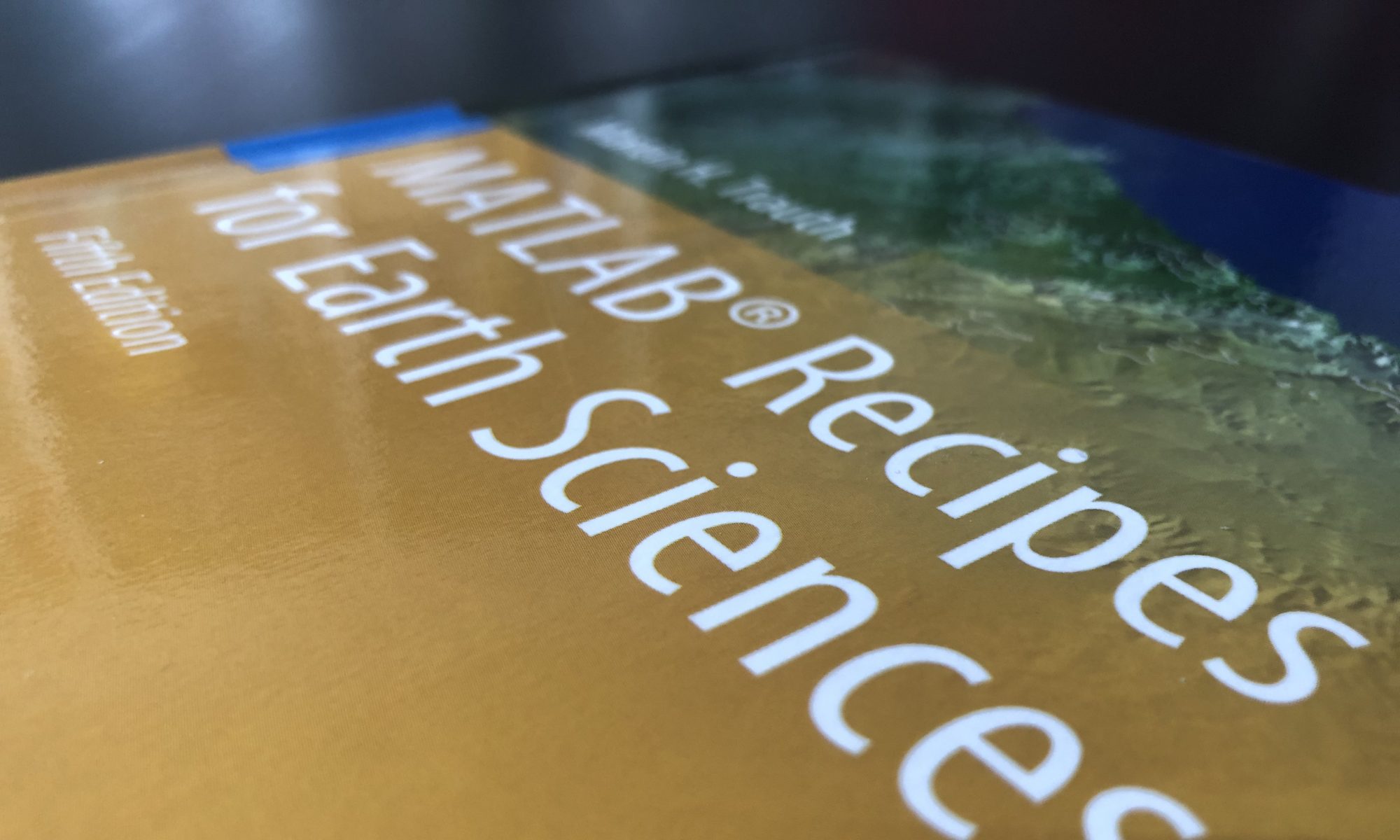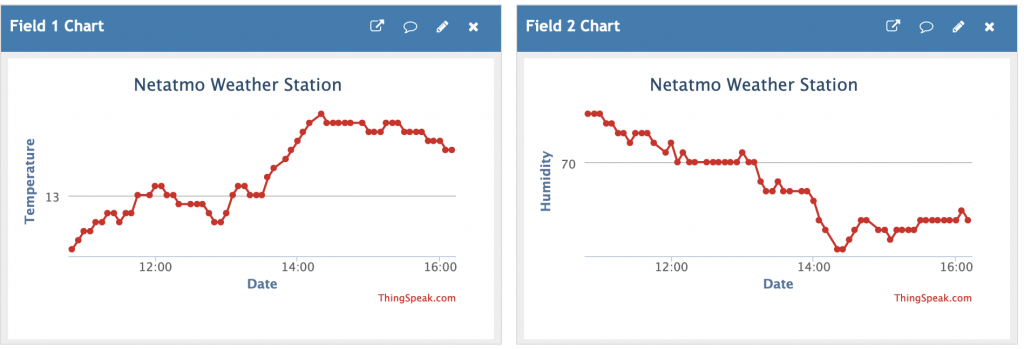
I received a negative review on Amazon. That’s always a bad thing, whether or not it is justified (see this older example). As Amazon no longer allows a reply, I’m posting it here, because other readers are probably also bothered by the way the first edition of the Python book dealt with missing subchapters and illustrations compared to the MATLAB book. And there is good news, in the second edition we have solved the problem!







